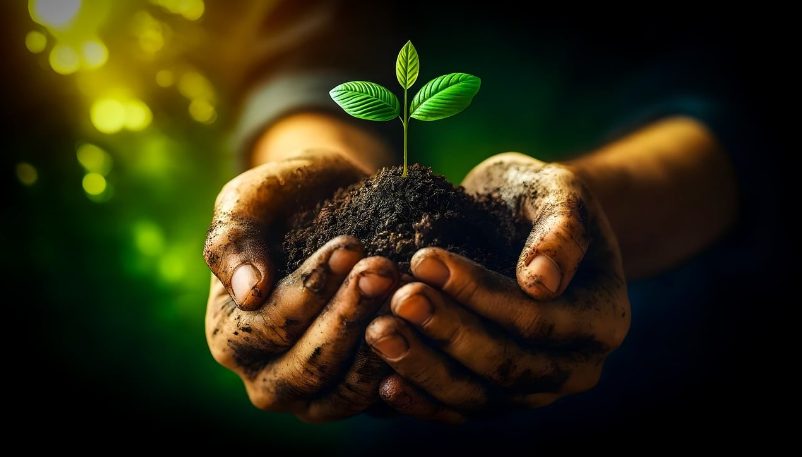Case study: Soil as a sustainable resource for the bioeconomy (BonaRes)

Photo acknowledgement: ChilVera on Pixabay
- Tertiary/Higher Education
- Indoor
- Experiment, Publication
- Germany
Soil as a sustainable resource for the bioeconomy (BonaRes)
The Soil as a Sustainable Resource for the Bioeconomy (BonaRes) project seeks to deepen scientific understanding of soil ecosystems, enhance soil productivity, and develop innovative strategies for sustainable soil management. Funded by the German Federal Ministry for Education and Research (BMBF), BonaRes engages multiple stakeholders in collaborative efforts to achieve its objectives. Currently, ten interdisciplinary project networks and the BonaRes Center are conducting research under this initiative that provides various services, models and data.
Objective
The objective of BonaRes is to significantly expand and provide knowledge about the functionality of soils and to formulate reliable options for action.
Approach
The BonaRes portal serves as a repository for project information, data, knowledge, and models, offering decision support for sustainable soil management. Central research areas include the investigation of soil management practices’ impacts on soil processes and functions, such as tillage, crop rotation, fertilization, and pest control. The service portal provides information tailored for various stakeholders, including practitioners, policymakers, and civil society.
Soil fertility is the foundation for sustainable plant production and terrestrial bioeconomic value chains. Beyond yielding marketable crops, soils must provide a host of ecosystem services, including water and carbon storage, groundwater filtration, nutrient cycling, and biodiversity maintenance. Sustainable land use seeks to optimise these services while efficiently utilizing natural resources such as water, energy, nutrients, and land. BonaRes seeks to unravel the complex interactions among biological, chemical, and physical processes within soil systems and their responses to agricultural management practices. By generating essential knowledge on soil functionality, BonaRes aims to furnish reliable options for sustainable soil use.
BonaRes is notable for its collaborative research approach involving multiple stakeholders and the extensive data that is being collected and made accessible.
Link for further information
https://www.bonares.de/ (In English).
